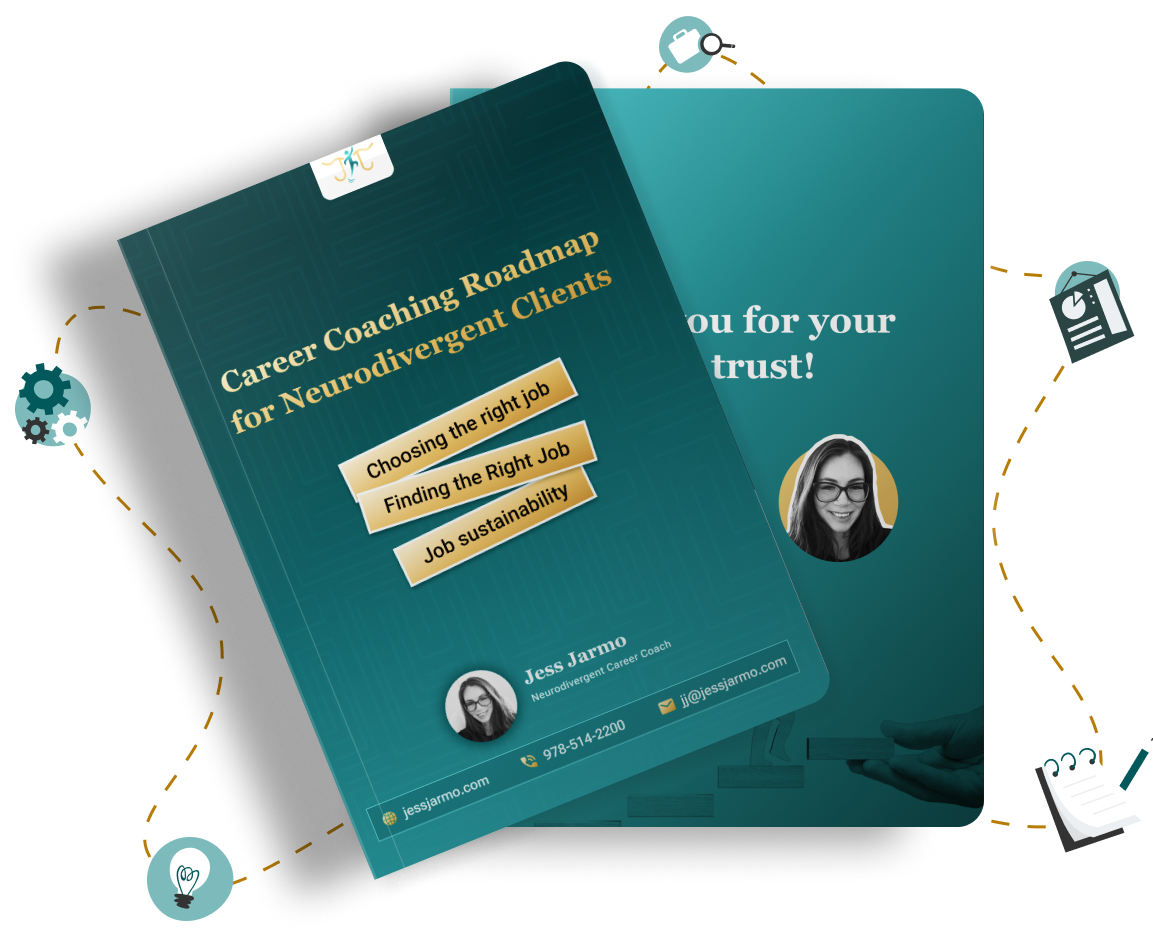

Table Of Content
As a parent, guiding your neurodivergent teen through the journey of career exploration can feel both exciting and challenging. Neurodivergent teens, including those with autism, ADHD, or dyslexia, often possess unique strengths that can set them apart in the workplace. However, finding the right career path requires thoughtful planning and support. In this article, we’ll explore actionable ways parents can help their teens discover fulfilling career opportunities while embracing their neurodiversity.
Understanding Neurodivergent Strengths and Interests

The first step in supporting your neurodivergent teen is recognizing their strengths and interests. Neurodivergence often comes with exceptional abilities, such as creative problem-solving, attention to detail, or out-of-the-box thinking. These traits can be powerful assets in specific career paths.
- Recognize Strengths: Pay attention to what your teen excels at naturally. Do they have a knack for coding, drawing, organizing, or solving puzzles? Identifying these strengths can provide valuable clues about potential career directions.
- Explore Interests: Encourage your teen to try different activities and hobbies. Volunteering, internships, or career assessments tailored for neurodivergent individuals can help uncover their passions and preferences.
Exploring Career Options
Once your teen’s strengths and interests are clear, the next step is to explore career options that align with their unique abilities. This process can be an exciting opportunity for parents and teens to learn together.
- Research Careers Together: Use online resources and career databases to research industries that value neurodivergent skills. Websites like O*NET and CareerOneStop can provide detailed insights into various roles and their requirements.
- Connect with Role Models: Seek out neurodivergent professionals who can inspire and guide your teen. Mentors with shared experiences can offer valuable advice and help your teen envision their future.
- Inclusive Industries: Certain fields, such as technology, research, writing, or creative arts, often align well with neurodivergent strengths. Discuss these options with your teen and explore how their abilities fit into these industries.
Hands-On Experience and Skill Building
Gaining hands-on experience is crucial for helping neurodivergent teens prepare for the workforce. Practical exposure can build confidence and provide a clearer understanding of career paths.
- Tech and Vocational Schools: Consider tech or vocational schools that offer a mix of academics and hands-on training. Many programs alternate between one week of academics and one week in a shop, such as mechanics, plumbing, or computer science, allowing students to explore various trades.
- Internships: Encourage internships during high school and throughout college. These opportunities not only provide real-world experience but also help teens build a resume that sets them apart when applying for jobs. Lack of internships is a common challenge for many job seekers.
Building Skills for the Future

Supporting your teen in developing both soft and technical skills is crucial for their long-term career success. These skills will empower them to navigate workplace challenges with confidence.
- Soft Skills: Help your teen improve communication, teamwork, and time management skills. Role-playing, online courses, or group activities can be effective ways to practice these abilities.
- Technical Training: Consider enrolling your teen in technical or vocational programs that match their interests. Platforms like Coursera, Udemy, or LinkedIn Learning offer accessible courses on a wide range of topics.
Navigating Challenges Together
Career exploration can be daunting for neurodivergent teens. As a parent, your role in addressing challenges and providing emotional support is vital.
- Address Anxiety and Self-Doubt: Encourage your teen to take small steps toward their goals. Celebrate their achievements, no matter how small, to boost their confidence.
- Advocate for Accommodations: Educate yourself and your teen about workplace accommodations, such as flexible schedules or assistive technologies. These can make a significant difference in their productivity and comfort.
- Overcome Biases: Equip your teen with strategies to handle potential biases or stereotypes. Role-playing common scenarios and discussing how to respond can build their resilience.
Encouraging Independence
Empowering your teen to take charge of their career decisions is a critical step in fostering independence. While your support is important, giving them space to explore and make choices is equally essential.
- Self-Advocacy: Teach your teen how to articulate their needs and preferences in educational and professional settings. This skill will help them navigate challenges and build positive relationships.
- Decision-Making: Allow your teen to take the lead in making career-related decisions. Offer guidance without being overbearing, and remind them that it’s okay to make mistakes and learn from them.
Conclusion
Supporting your neurodivergent teen in exploring career paths is a rewarding journey that requires patience, understanding, and collaboration. By recognizing their strengths, exploring career options, building essential skills, and navigating challenges together, you can help them thrive in a career that aligns with their unique abilities.
If you’re looking for personalized guidance, consider working with a neurodivergent career coach. At Jess Jarmo, we specialize in empowering neurodivergent individuals to achieve their career goals. Contact us today to learn more about how we can support your teen’s journey.

